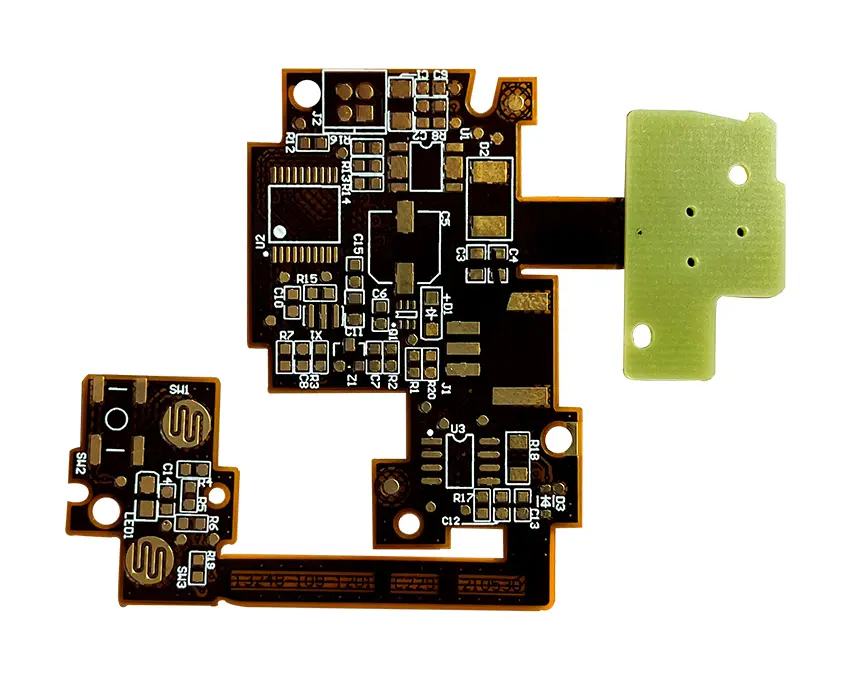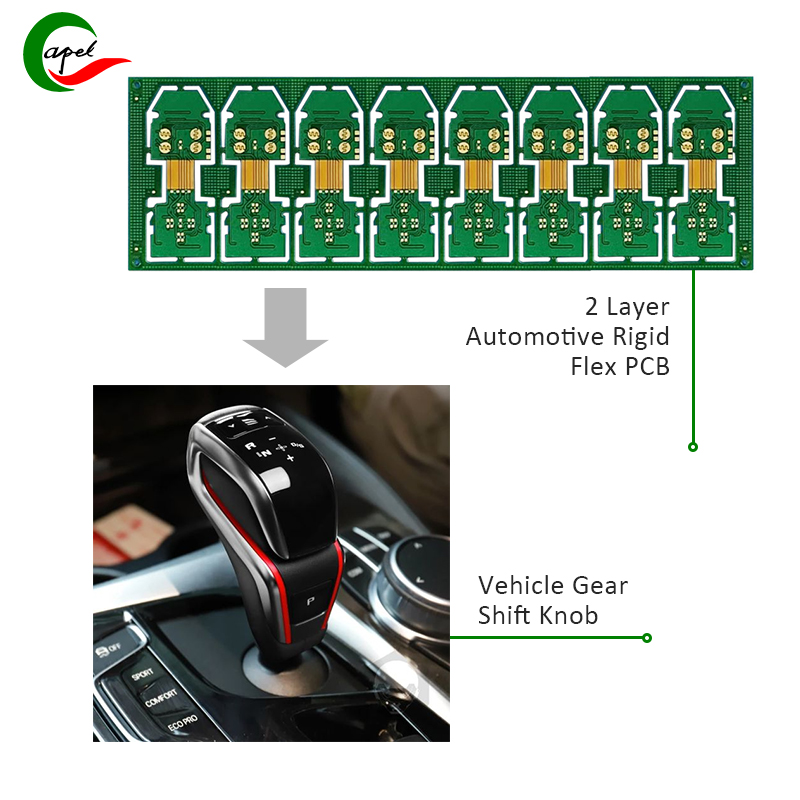Explore the critical role that automotive flexible printed circuit boards (PCBs) play in driving vehicle innovation and technological advancement. Learn about their applications, impact on automotive innovation and the future prospects of this key component of the automotive industry.
Introduction to automotive flexible PCB
Flexible printed circuit boards (PCBs) have become an important part of the automotive industry and play a key role in driving automotive innovation and technological advancement. With 16 years of professional experience in automotive flexible PCB, this article aims to comprehensively analyze the significance, application and impact of automotive flexible PCB, as well as its future prospects in promoting automotive innovation.
What is automotive flexible board?
Automotive flexible PCBs, also known as flexible electronics, refer to printed circuit boards manufactured using flexible polymer substrates that allow them to bend, twist or fold to fit the available space within a vehicle. These PCBs are the critical interface between the various electronic components in the vehicle, providing flexibility, reliability and efficient signal transmission. The advantages of using flexible PCBs in automotive applications include lightweight, reduced space requirements, durability, and the ability to withstand harsh automotive environments, making them ideal for modern automotive designs.
Automotive flexible PCB applications
Automotive flexible PCBs are widely used in modern automobiles and have made significant contributions to automotive innovation and technological progress. Examples of its applications include flexible LED lighting systems, flexible display panels, electronic control modules, sensors and infotainment systems. These PCBs play a key role in enabling innovative features such as curved and flexible vehicle displays, advanced driver assistance systems and autonomous driving technology. Their integration with various vehicle components enhances design flexibility, simplifies installation and optimizes electronic performance, ultimately driving automotive innovation forward.
The impact of automotive flexible PCB on automotive innovation
The integration of flexible PCBs is revolutionizing the automotive industry by promoting the development of cutting-edge automotive technologies. Innovations such as organic light-emitting diode (OLED) displays, flexible touch screens and flexible sensors are made possible through the use of automotive flexible PCBs. This section will delve into specific innovation case studies, highlighting the critical role of flexible PCBs in driving automotive innovation and demonstrating how these technologies are changing vehicle design and functionality.
The future of automotive flexible PCBs
Looking to the future, the continued development and integration of flexible PCBs in the automotive field will further drive future automotive innovation. This section will predict the development of automotive flexible PCB technology and explore the potential for enhanced flexibility, improved reliability and expanded functionality. Additionally, how these advancements will shape the future of automotive innovation will be analyzed, emphasizing the importance of continued research and development in this area.
Automotive Flexible PCB Prototyping and Manufacturing Process
Conclusion: Driving automotive innovation
In summary, this article highlights the critical role of automotive flexible PCBs in driving automotive innovation. The impact and future potential demonstrated by these PCBs calls on automakers and innovators to prioritize the use and development of flexible PCB technology in the automotive industry. By adopting and investing in flexible PCBs, the automotive industry can continue to push the boundaries of innovation and deliver next-generation vehicles that are safer, more efficient, and technologically advanced.
This article provides valuable insights into the critical role automotive flexible PCBs play in driving automotive innovation, highlighting their importance, applications and future prospects in the automotive industry. As the automotive industry continues to adopt advanced electronics technologies, the adoption and advancement of flexible PCBs will be an integral part of shaping the future of automotive innovation.
Post time: Mar-01-2024
Back








